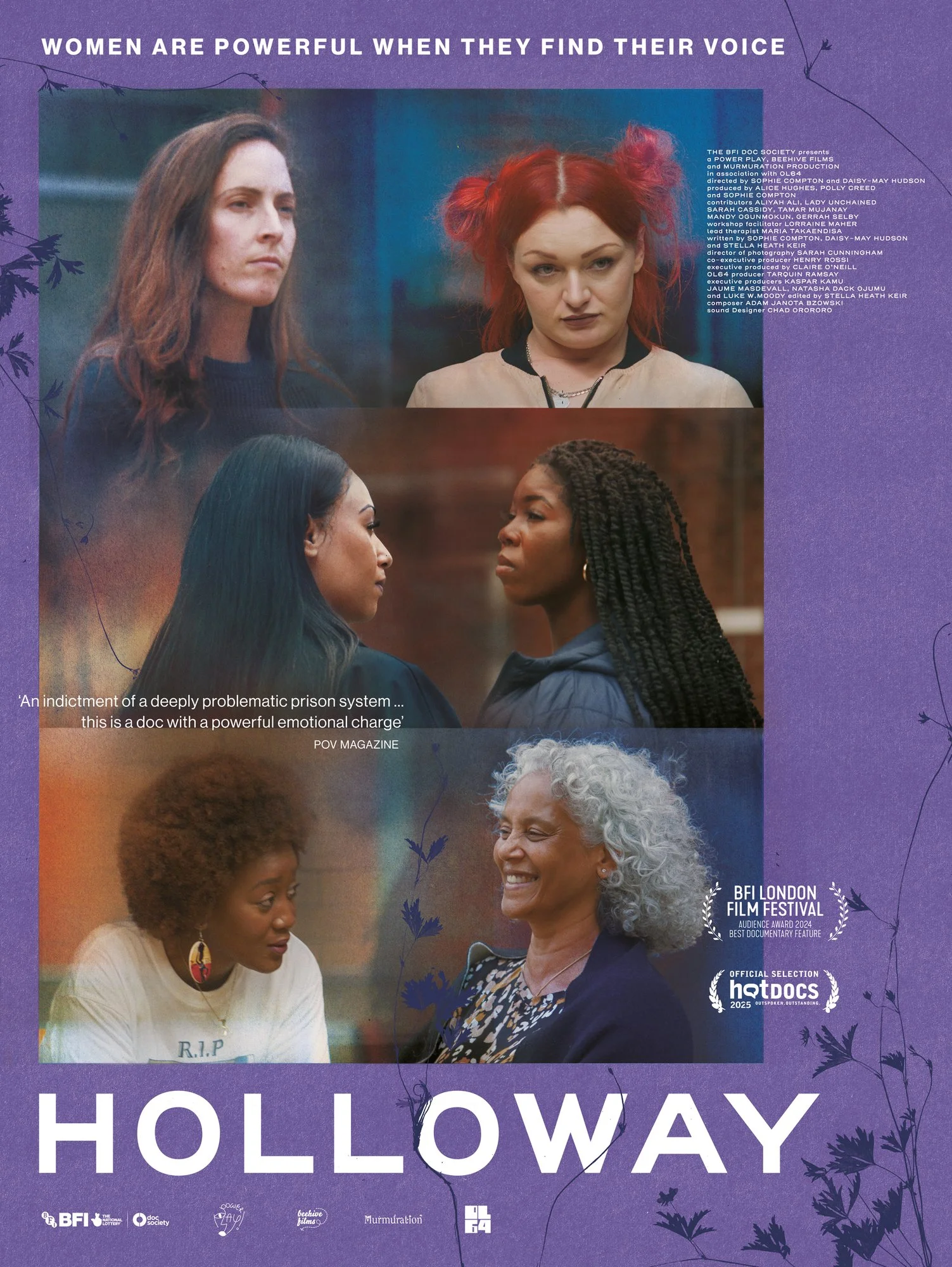A Primer On The History Of Economics In Peterborough (And What's Driving It Now)
/ At this time of year, we often reflect on where we've been and look to where we may go. In economic terms where we have been is a lot clearer than where we might go. However, taking a longer term view there are some hints about where we could go, if we chose to go there.
At this time of year, we often reflect on where we've been and look to where we may go. In economic terms where we have been is a lot clearer than where we might go. However, taking a longer term view there are some hints about where we could go, if we chose to go there.
Peterborough, in general terms, has seen two quite different economic eras—an era when natural resources and agriculture dominated—the nineteenth and early twentieth centuries, and a manufacturing era that was at its peak in the middle of the last century. Between these two eras was a period of transformation. In this period new ways of doing business began to emerge, new roles for government became clearer, even the roles within families and families themselves changed to take advantage of the new opportunities of the manufacturing era.
For the sake of perspective, if we were to think of the age of transformation being five years before the beginning of WWI (1909) and five years after the end of WWII (1950), we can see an era of enormous development technologically that was accompanied by unprecedented changes in social roles. In the forty-one years from 1909 to 1950, Peterborough was transformed. In that transformation, the fundamental functioning of the Peterborough economy changed. In effect, the two eras are two very different economies with very different economic relationships.
As much as many mainstream economists—the ones who led us into the current economic mess—would like us to believe that the fundamentals of economies are not subject to history, politics, or culture, the reality is they are. Separating fact from myth reveals very different economic characteristics in different technological and socioeconomic eras—not common underlying behaviours. What can we learn from this?
It has been forty-one years since what could be considered the beginning of the end of the era dominated by manufacturing. 1971 was just prior to the OPEC oil crisis that signalled the beginning of a long struggle with inflation that was combined with high rates of unemployment, and difficult economic times. Peterborough was not immune to this economic disease, and for those who went through it, it was clear that things would never be the way they were no matter how much we wished they could be. Like it or not, another era of transformation began in the early 1970s and we continue to find ourselves in it today.
In the tranformation, old ways of doing many things were left behind—technologically and socially—and new, creative opportunities were pursued. Change was embraced rather than seen as a threat. Of course, in an era of transformation that included two World Wars separated by the Great Depression is a very different circumstance than we face today.
The lesson from history—not from economics—is that the foundations of economic growth in the past are not sufficient to support the prosperity we are capable of in the future. The longer it takes for us to figure out how to build the new foundation, the more difficult the transition will be. It is time to get on with creative change in the way we do things right here in Peterborough.
Thankfully, we have within the community what it takes to move forward. To support the transition, we have a large creative class that will provide news ways to get things done. This class according to Richard Florida’s work, and a recent description of it by Dan Taylor, CEO of the Greater Peterborough Area Economic Development Corporation and the Greater Peterborough Innovation Cluster, show that not only does the creative class drive innovation, it is also an economic driver onto itself.
Thirty percent of the population belongs to the creative class. Those in the creative class earn significantly more than average and possess seventy percent of total disposable income. In a time of transformation the creative class is where the jobs are, and the results of their work will bring more jobs across the whole community.
All indications are that we have all the pieces in place that can lead to a new era of prosperity here in Peterborough. We have a creative class that can lead innovation. We have the resources—people, money, and technologies—necessary to move forward. The question is: Do we have the will to embrace new ways of doing business, new roles for government, new approaches to education, etc., so that we can use the resources we have at hand to their best advantage? How can we combine and integrate what we do have in creative, productive ways.
Rest assured that if we cling to the ways of an older era, communities less well blessed with resources will embrace new, productive ways. Their success will make ours that much longer and more difficult to achieve. This could be the time for us to take the leap—including a leap of faith—into a new era of creativity, opportunity, and prosperity.
------------------
Contributed by PtboCanada's Tom Phillips Ph. D. Phillips is Economist & Sustainability Director - Greater Ptbo Innovation Cluster.
Tip us at tips@ptbocanada.com. Follow us on Twitter @Ptbo_Canada.




